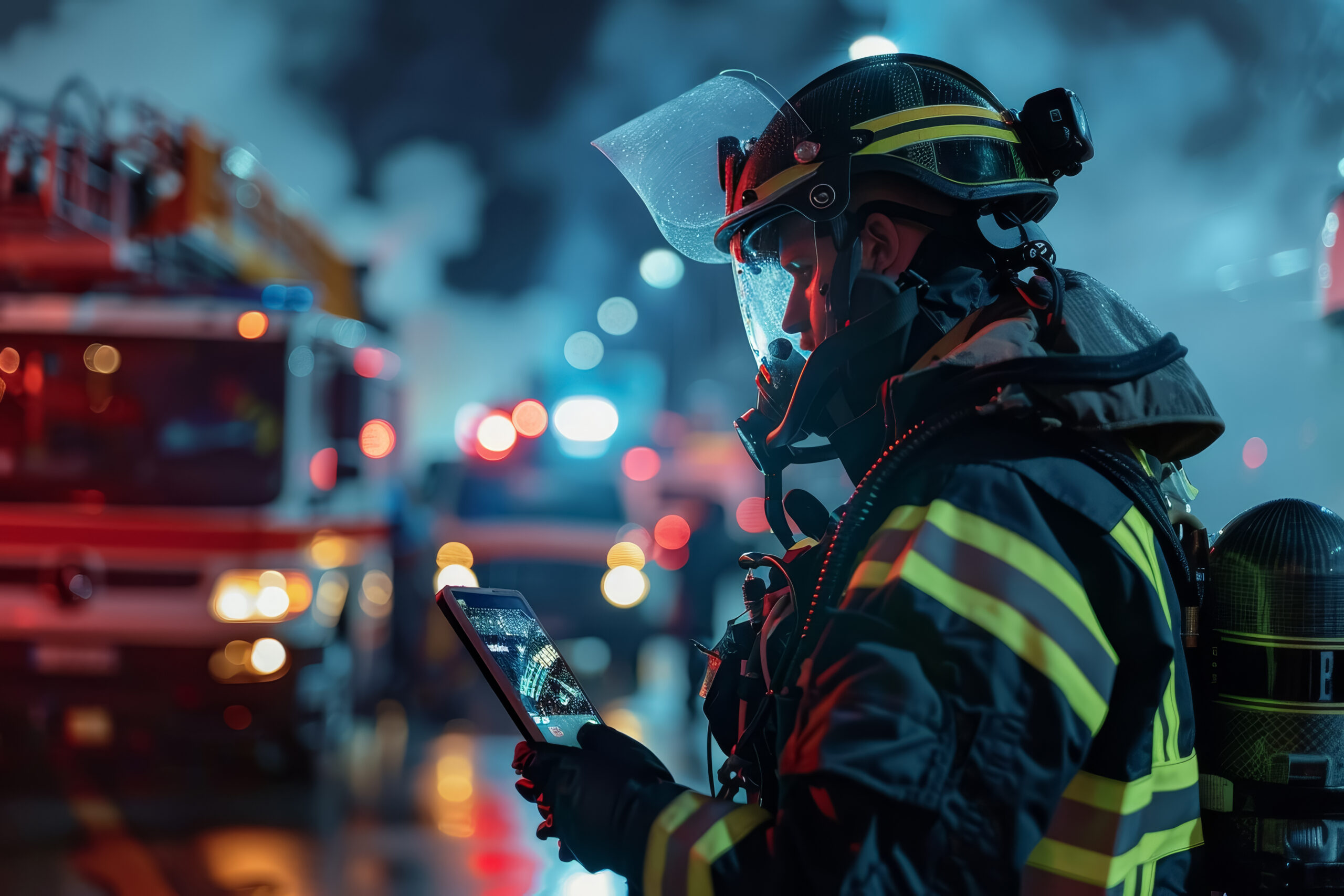Mental Health Treatment for Police in Atlanta, Georgia
Treatment for Police Officers
- Resilience Behavioral Health of Georgia
- Who We Help
- Mental Health Treatment for Police
If you or a loved one is a police officer who is struggling with mental health issues, let our caring and compassionate team at Resilience Behavioral Health’s police mental health treatment center help.

Specialized Mental Health Treatment for Police Officers
Innovative Mental Health Treatment Programs for Police in Atlanta, GA
Police officers face unique mental health challenges stemming from their demanding and high-stress careers. Exposure to traumatic events, long hours, and the pressures of maintaining public safety can contribute to mental health conditions such as PTSD, anxiety, depression, and co-occurring disorders. If left unaddressed, these challenges can significantly impact their well-being, relationships, and job performance. Recognizing the critical need for tailored mental health care, Resilience Behavioral Health in Atlanta, GA, provides specialized treatment programs designed to meet the unique needs of law enforcement professionals.
Resilience Behavioral Health combines evidence-based therapies with a deep understanding of the mental health struggles specific to police officers. Our programs focus on addressing trauma, building resilience, and offering coping strategies that align with the demands of law enforcement roles. By fostering a safe and confidential environment, our treatment programs empower police officers to navigate their mental health challenges while strengthening their ability to continue serving their communities effectively.











Most Insurance Can Pay for up to 100% of the cost of treatment
We Work With Most MajorInsurance Companies
We understand the financial challenges of seeking treatment for mental health & substance abuse issues. Our team is committed to working with your insurance provider to assess your needs and benefits, ensuring you get the best possible care without added financial stress. Contact us today to find the right treatment plan for you.
What Does Mental Illness Look Like?
Understanding Mental Illness in Police Officers & Detectives
Mental health struggles among law enforcement officers can manifest in various ways, often influenced by the high-stress and emotionally demanding nature of their work. Identifying these signs early is critical to providing support and intervention. Here are some common indicators:
Behavioral Changes
- Increased Irritability or Aggression: Officers may become more short-tempered or display uncharacteristic hostility.
- Withdrawal from Social Interactions: Avoidance of family, friends, or colleagues can indicate emotional distress.
- Substance Abuse: Alcohol or drug use may become a coping mechanism for stress or trauma.
Emotional Symptoms
- Persistent Sadness or Hopelessness: Feelings of despair or emotional numbness may signal depression.
- Overwhelming Anxiety or Fear: Constant worry or excessive vigilance can be a response to job-related stress or trauma.
- Mood Swings: Sudden shifts in emotional states may indicate underlying mental health conditions.
Physical and Cognitive Symptoms
- Sleep Disturbances: Insomnia, nightmares, or excessive fatigue can result from stress or trauma.
- Memory or Concentration Issues: Difficulty focusing or forgetfulness may emerge due to chronic stress or burnout.
- Physical Complaints: Unexplained aches, headaches, or digestive issues can sometimes be linked to mental health challenges.
Professional Impacts
- Decline in Job Performance: Reduced productivity, increased mistakes, or avoidance of certain duties may signal struggles.
- Frequent Absences: Taking excessive sick days or showing a lack of enthusiasm for work responsibilities can be a red flag.
Given these signs, providing access to mental health resources, such as therapy, peer support programs, and wellness initiatives, is essential for maintaining the well-being of law enforcement officers. Regular mental health check-ins and fostering an environment where seeking help is normalized can significantly mitigate these struggles.
get immediate help right now - let us give you a call
Request a 100% Confidential Callback
facts & stats on mental health
How Mental Health Impacts Police in Atlanta, Georgia
Understanding the scope of mental health problems in Atlanta provides a backdrop for why specialized police mental healthcare is necessary. According to the Georgia Department of Public Health, the state has seen a steady increase in mental health conditions, with Atlanta being a significant contributor. The pressures faced by police officers often magnify these statistics, necessitating targeted mental health rehabs for police officers.
Mental health challenges among police officers are alarmingly prevalent, reflecting the immense stress and trauma that come with their line of work. Studies suggest that approximately 20-30% of law enforcement officers experience symptoms of post-traumatic stress disorder (PTSD), compared to about 8% in the general population. This heightened risk stems from frequent exposure to traumatic events, such as violence, accidents, and life-threatening situations.
Additionally, depression and anxiety are common, with estimates indicating that nearly 12% of officers experience significant depressive episodes, and over 25% show signs of alcohol abuse. Suicide rates among police officers are particularly concerning, with data suggesting they are higher than in the general population. A 2020 study by Blue H.E.L.P. reported that more officers died by suicide than in the line of duty.
These statistics highlight the critical need for specialized mental health support for police officers. Programs tailored to their unique challenges, such as those offered by Resilience Behavioral Health, provide essential resources to address these issues and promote long-term well-being.

Helping Police Officers in Mental Health & Wellness
Our Specialized Police Mental Health Treatment Program in Atlanta, GA
Atlanta hosts a diverse array of mental health treatment providers, each specializing in different aspects of police mental healthcare. Providers include psychologists, psychiatrists, licensed clinical social workers, and counselors. Resilience Behavioral Health offers a multidisciplinary team to create a comprehensive treatment plan tailored specifically to the needs of police officers. Their expertise extends to group therapy, individual counseling, and crisis intervention.
Levels of Care Available for Police Mental Healthcare in Atlanta
Levels of care for police mental health treatment are designed to address the varying degrees of mental health challenges law enforcement officers face. These levels range from intensive, structured care for severe conditions to more flexible options for those who need support while maintaining their daily responsibilities. Each level is tailored to provide comprehensive and effective care while considering the unique stressors associated with law enforcement work.
Inpatient Programs
Inpatient mental health treatment in Georgia provides 24/7 care in a structured, supportive environment, ideal for officers dealing with acute mental health crises, severe PTSD, or suicidal ideation. These programs offer intensive therapy, including individual and group counseling, along with medical monitoring when needed. The immersive nature of inpatient care helps officers focus entirely on their recovery in a safe and confidential setting.
Partial Hospitalization Programs (PHP)
PHPs offer a step down from inpatient care, providing structured therapy sessions during the day while allowing officers to return home at night. This level of care is suitable for those transitioning from inpatient treatment or for individuals requiring significant support but not round-the-clock supervision. PHPs often include evidence-based therapies, stress management training, and peer support.
Intensive Outpatient Programs (IOP)
Intensive outpatient programs, or IOPs, provide flexible treatment options for officers who need more support than traditional outpatient therapy can offer but are not in crisis. Participants attend several therapy sessions each week, focusing on trauma recovery, stress management, and skill-building. These programs allow officers to continue their work or home responsibilities while receiving focused care.
Outpatient Treatment
Outpatient mental health treatment in Atlanta is the most flexible level of care, consisting of regular individual or group counseling sessions. This option is ideal for officers managing mild to moderate mental health concerns or as a follow-up to more intensive treatment. Outpatient care provides ongoing support for maintaining mental health and addressing challenges as they arise.
Peer and Family Support Programs
In addition to traditional levels of care, many facilities offer specialized programs for peer and family support. These programs help officers connect with colleagues who have faced similar struggles, fostering a sense of community and understanding. Family therapy sessions address the impact of law enforcement stress on loved ones, promoting healing and resilience within the family unit.
By offering a continuum of care, mental health programs for police officers ensure that each individual receives the level of support they need to achieve recovery and maintain long-term well-being.
How Can Treatment Help
The Benefits of Attending a Specialized Mental Health Program for Police in GA
Professional mental health rehabs for police officers offer targeted support to address the unique challenges and pressures inherent in law enforcement careers. These programs provide a safe, confidential space for officers to process trauma, develop coping strategies, and restore their mental well-being. By combining evidence-based therapeutic approaches with specialized understanding of law enforcement culture, professional rehabs equip officers with tools to manage stress and build resilience.
One major benefit is the opportunity for officers to receive trauma-focused care tailored to experiences such as exposure to violence, critical incidents, or cumulative stress. Programs often include therapies like Cognitive Behavioral Therapy (CBT), Eye Movement Desensitization and Reprocessing (EMDR), and peer support groups, which help officers process their experiences and reduce the risk of long-term mental health disorders like PTSD. Inpatient and outpatient options allow for flexibility based on individual needs, ensuring officers can receive care without compromising their work-life balance.
Another advantage is the integration of holistic support to address not only mental health but also physical, social, and emotional well-being. Professional rehabs often include stress management techniques, family therapy, and wellness activities such as mindfulness or fitness programs. This comprehensive approach enhances recovery by addressing the multifaceted impacts of law enforcement stress, improving overall quality of life.
Additionally, specialized police rehabs provide a sense of camaraderie and understanding by creating spaces where officers can connect with peers facing similar challenges. This peer support fosters trust and mutual encouragement, critical for individuals who may feel isolated or reluctant to seek help in conventional settings. By normalizing mental health care within the context of law enforcement, professional rehabs empower officers to prioritize their well-being while continuing to serve their communities effectively.
let's start with a simple conversation.
The Healing You Need isJust a Phone Call Away...
Contact us today to speak to someone who understands what you or your loved one is going through. Get a free assessment and experience the difference of expert and compassionate behavioral healthcare in Atlanta, Georgia.
Helping Our Police Officers Heal
It's Okay to Ask for Help at Our Police Mental Health Rehab in GA
Mental health treatment for police officers in Atlanta is not just an option; it is a necessity. Resilience Behavioral Health of Georgia is committed to offering the resources and support needed by those who dedicate their lives to serve and protect. Police officers struggling with mental health issues, or those who suspect they are, should not hesitate to reach out for assistance. By contacting Resilience Behavioral Health, officers in Atlanta can take the first crucial step towards recovery, regaining their strength and resilience to continue serving their community effectively.
Take action now—acknowledge the importance of mental health and explore the mental health rehabs for police officers provided by Resilience Behavioral Health. Your mental well-being is paramount, both for yourself and for the city you protect.


